The commitment of Sant'Egido for peace in DRC
The crisis in Eastern Congo - North Kivu
Goma, March 2024
In the past year, partly due to the December 2023 election in the Democratic Republic of Congo, tensions have flared up again between the M23 military group - which claims to defend the rights of the Rwando-speaking minority and is supported by the government in Kigali - and the DRC government troops. This has rekindled old rivalries throughout the area, where some 130 armed groups of different denominations thrive linked to obscure interests related to the minerals market and illegal trafficking disguised by ideological, ethnic and even pseudo-religious matrices.
All this has alarmingly increased the influx of refugees fleeing the ongoing fighting. It has created problems with the logistics and maintenance of the city's social infrastructure, including food distribution.
The fighting is concentrated around the town of Sake. This village controls the entrance route to the city of Goma, and in the past it had fallen into the hands of the M23 with no major problems.
However, this time the fighting is harsher and the Congolese army seems to have resisted, partly thanks to the massive intervention of Russian mercenaries and Turkish military advisers, and the active cooperation of Burundian and South African soldiers who have come to the aid of the Congolese government.
The international community's involvement is actually relevant, in a more or less official manner. There has been a United Nations military presence (MONUSCO, an acronym for the United Nations Organisation Mission for Stabilisation in the Democratic Republic of Congo) for more than 20 years now, but it will have to leave the country, according to agreements with the Kinshasa government, by the end of this year. Although its intervention to counter militia violence has not been decisive, over time it has been a social stabilising presence and a logistical network that has facilitated life and communication with the inner areas of the country. Yet the departure of this mission with its infrastructure risks further isolating some areas prey to armed groups.
In the pre-election phase until December 2023, a peace-keeping military contingent of the East African Community, led by the Kenyan military, was present in Goma and North Kivu. This presence was perceived, also due to its origin in the English-speaking world, to be an intrusion into the internal affairs of the country.
Escalating tensions with neighbouring Rwanda have increased the risk of a new regional conflict.
The East African soldiers left the Goma airport in January 2024 and were replaced by South African soldiers and a contingent from Burundi, with whom President Tshisekedi has meanwhile signed a strategic alliance in an anti-Rwandan context. Burundi has in fact formally closed its borders with Rwanda.
At the 37th African Union summit held in Addis Ababa in February 2024, Angola's President João Lourenço initiated mediation between DRC President Tshisekedi and Rwanda's President Kagame. It seems to have ushered in a more détente phase. However, it is hampered by a much more uncertain international framework than in the past and the illusion that wars and weapons can solve a crisis.
Actually, from conflict to conflict over the years, the crisis has festered and never found a solution in weapons.
Now the situation remains critical, sporadic fighting is still going on, and although the city seems safe for the moment, the threat of encirclement remains, and the danger that the conflict will spread is real. A bad sign was the Congolese government's decision at the beginning of March 2024 to suspend the moratorium on the death penalty due, says the government statement, to the continuing instability in the east of the country.
Latest News
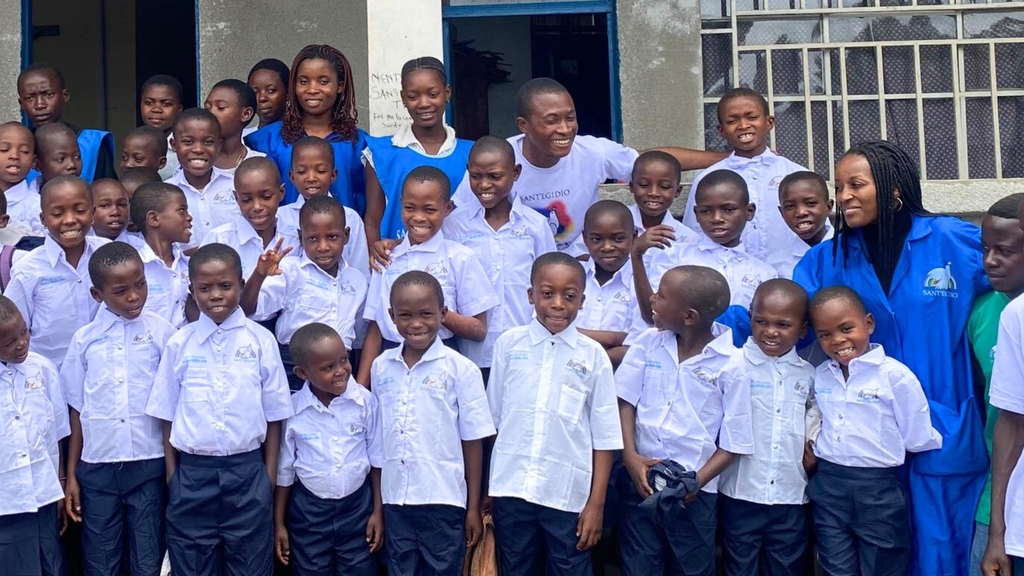
WORLD
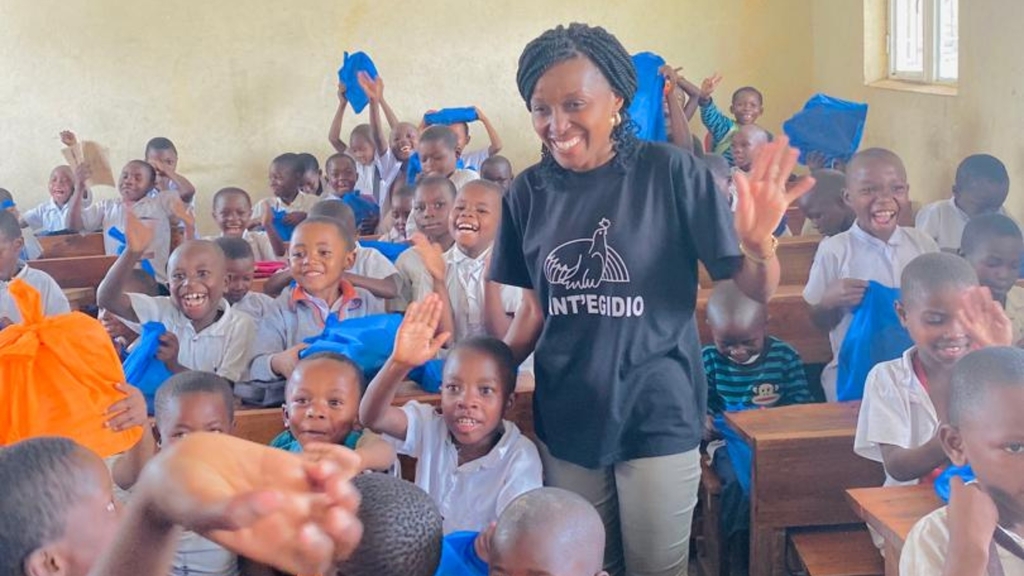
ARTICLES
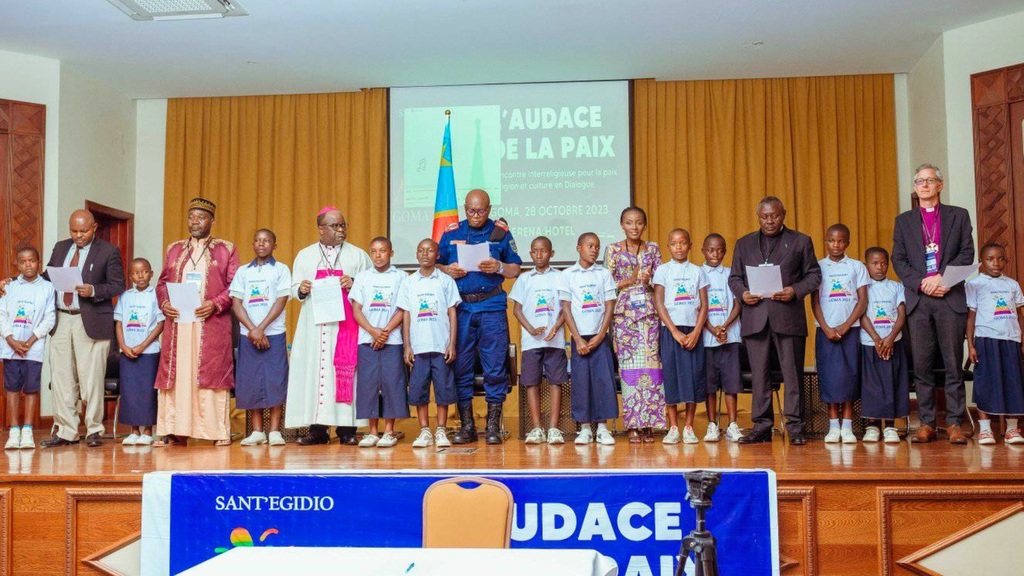
DIALOGUE
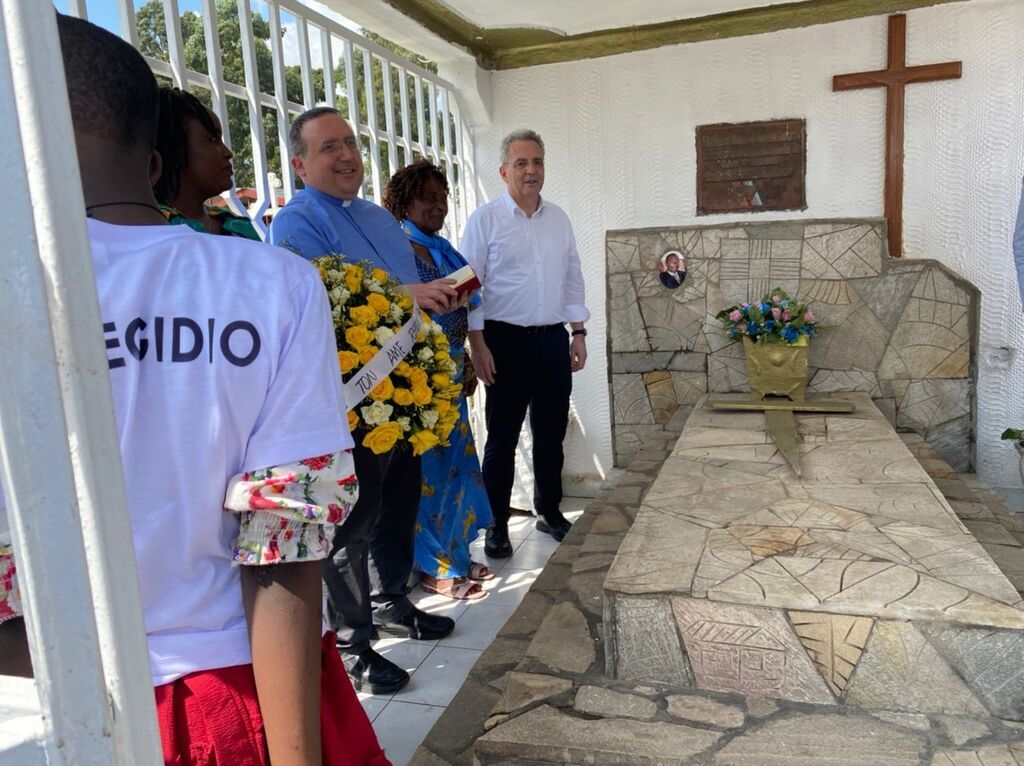
WORLD
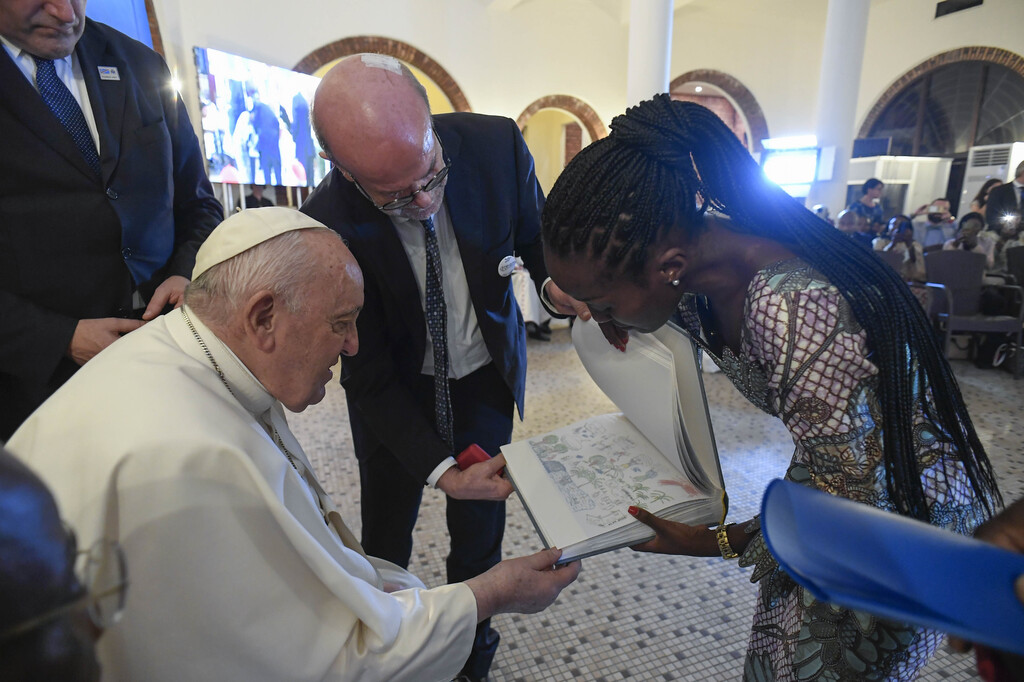
POPE

EVENTS
Support Sant'Egidio
Every day on the side of the poor, with voluntary and free commitment.
Do you want to help us?
SUBSCRIBE TO THE NEWSLETTER
STAY UP-TO-DATE
SUBSCRIBE TO THE NEWSLETTER
STAY UP-TO-DATE
